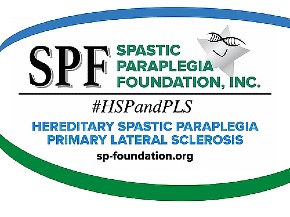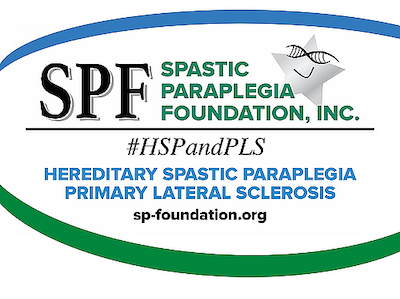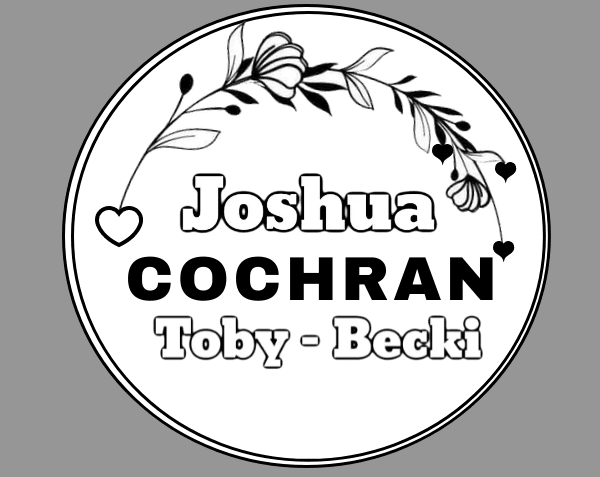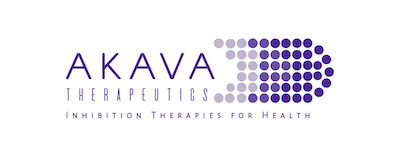Solid Biosciences said Monday that it has restarted a clinical trial involving its experimental gene therapy for Duchenne muscular dystrophy without the serious safety issues that forced the study to shut down in 2019.
The biotech also disclosed for the first time interim results from patients treated before the study was stopped, showing small improvements in muscle and lung function after one year of follow up.
The safe dosing of a newly enrolled patient represents an encouraging reset for Solid’s Duchenne gene therapy program, but it still lags far behind its two main rivals, Sarepta Therapeutics and Pfizer. And optimism for all of these programs has cooled considerably ever since Sarepta announced in January disappointing results from its first randomized clinical trial.
“I think we have a treatment that is showing early signs of benefit for really sick kids,” said Solid Bio CEO Ilan Ganot. “We have had our ups and downs, but we’re trying to follow the science and be careful with safety.”
Last October, the Food and Drug Administration lifted a clinical hold placed on Solid’s study after the company made changes to the manufacturing process for its gene therapy, called SGT-101, that now uses an extra filtering step to reduce by half the number of viral particles required to deliver a given dose of its healthy genetic payload.
Solid’s study was halted in November 2019 following reports of serious kidney and blood-related injuries in a treated patient. The toxicity was caused by extremely high levels of virus used to deliver SGT-101, which in turn, caused over-activation of the patient’s immune system.
The newly treated patient was infused with an SGT-101 dose of 200 trillion vector genomes per kilogram. Some activation of the patient’s immune system was detected in blood testing, but at a relatively low level that did not result in any serious immune-related side effects, Solid Bio said.
As an added precaution, the patient was pre-treated with two approved and expensive drugs that prevent over-activation of the immune system. Solid intends to pre-treat all future patients this way — an extra safety step that competitor Sarepta does not require because its gene therapy has not shown signs of immune system over-activation. Patients receiving Pfizer’s gene therapy have also reported serious immune-related side effects.
Before Solid’s study was halted, three patients with Duchenne were treated with the same 200-trillion dose of SGT-101. On Monday, Solid reported muscle function data after one year of follow up: Two of the patients showed a one-point improvement each on the North Star Ambulatory Assessment (NSAA), a commonly used 17-point measure of functional performance that asks patients to perform simple motor-related tasks. The third patient lost one point on the NSAA.
On average, the three patients showed a small improvement, 0.33 points, on the test, which is better than the four-point loss seen in an “untreated” control group comprising three patients who entered the Solid study but who had not yet received SGT-101.
The treated patients also showed improvements in other muscle-function and timed-walk tests, Solid said.
“Overall, we are showing a positive benefit-risk that justified continued dosing in the trial,” said Ganot.















